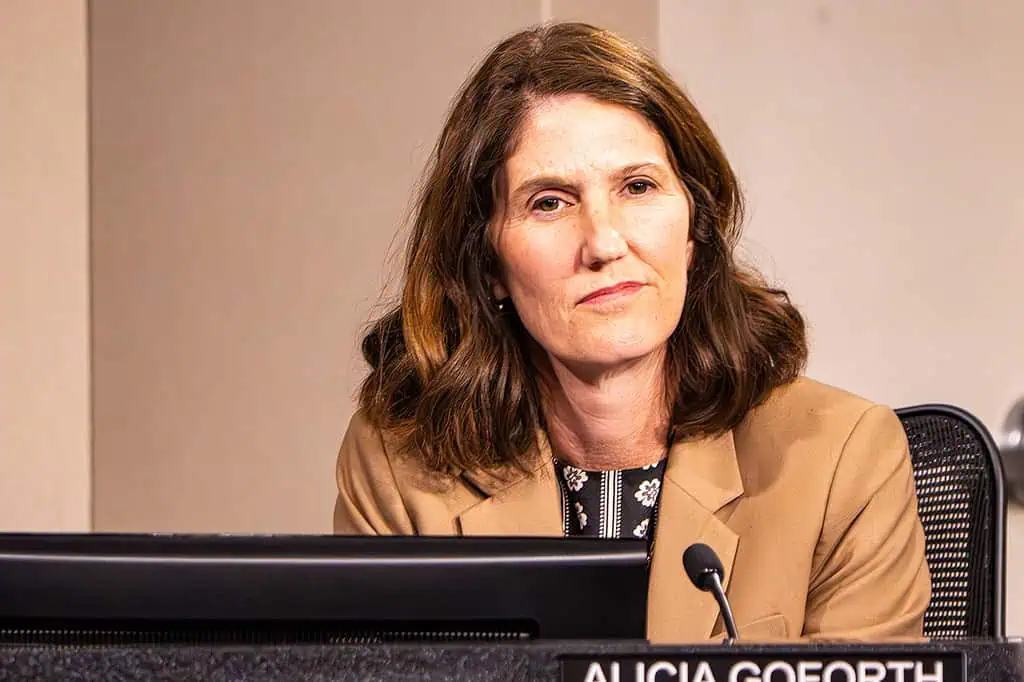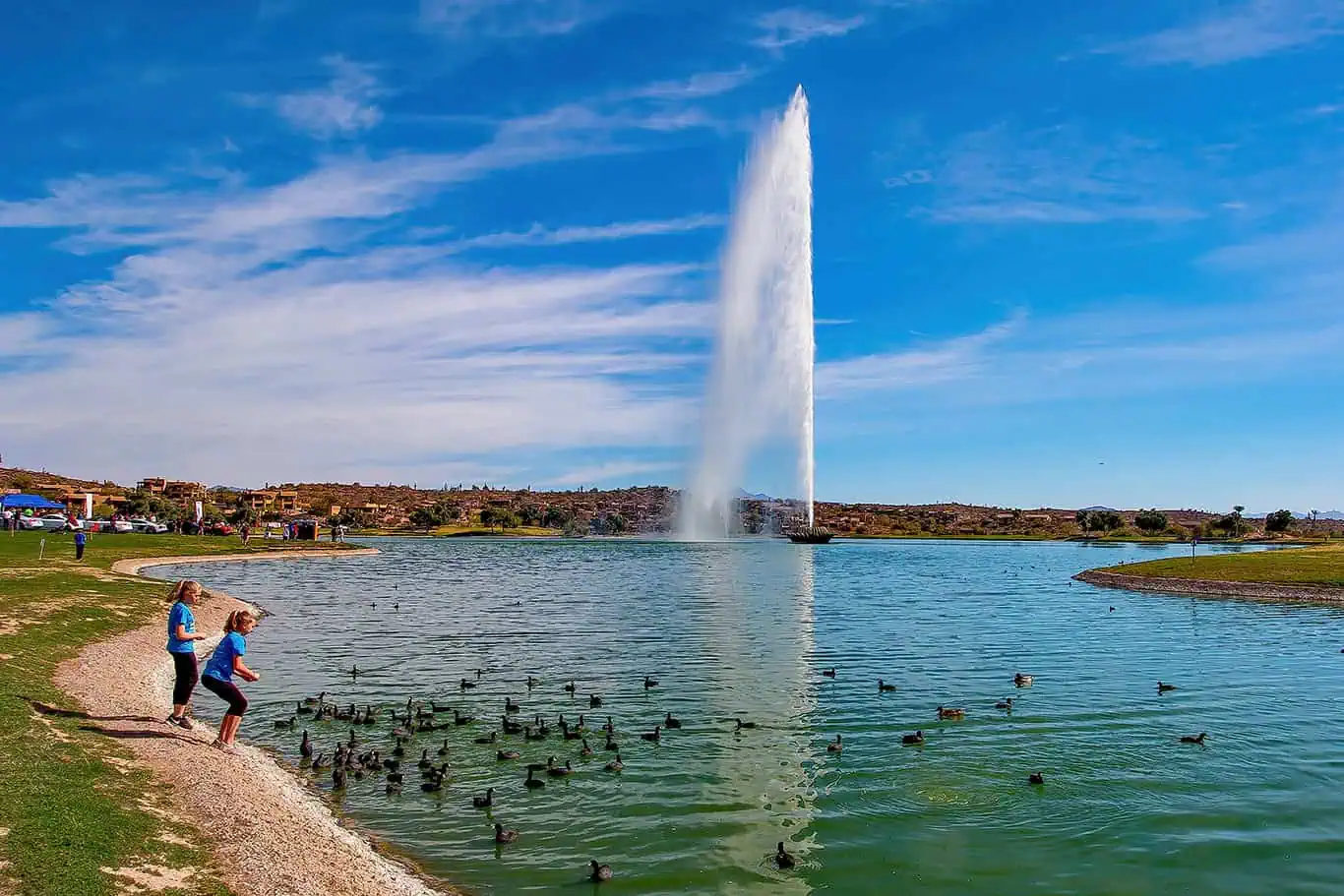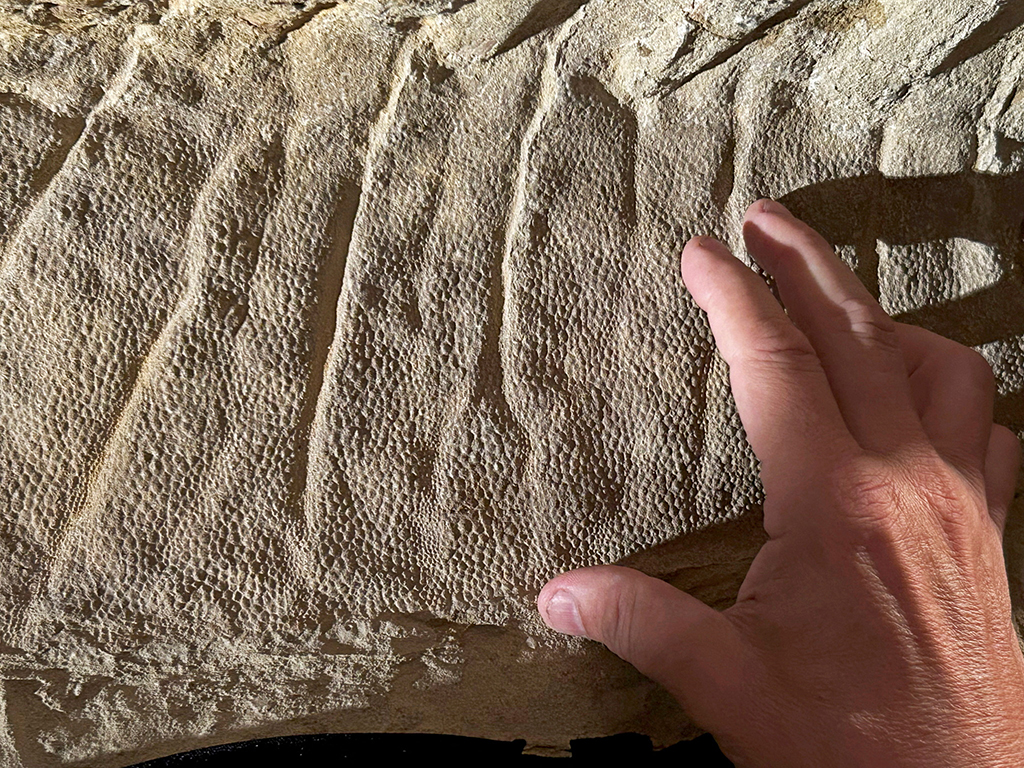
Staff Reports | Community Updates
Falcon Field Airport officials are reporting Taxiway G is now open for full usage by aircraft.
Airport officials tell the Digital Free Press the new taxiway is a major addition expected to streamline routing of aircraft from the north runway to southern airport facilities. The primary objective is to reduce the amount of time aircraft spend on the airport’s runway, thus minimizing delays and reducing fuel consumption, airport officials say.
“The completion of Taxiway G is an exciting milestone for Falcon Field Airport and the city of Mesa,” said Mesa Mayor John Giles, in a prepared statement. “This project not only enhances the efficiency and safety of our airport operations but also reflects our ongoing commitment to supporting aviation growth and innovation in Mesa.”
Officials at City Hall contend the taxiway project is an integral part of Falcon Field’s capital improvement program and is in-tune with the municipal airport’s master plan, which Mesa City Council gave its blessing in July 2019.
“This new infrastructure will support the airport’s growth as a key asset to Mesa’s economy,” said Mesa District 5 City Councilwoman Alicia Goforth. “We are committed to ensuring Falcon Field remains a premier aviation hub.”
Construction of Taxiway G was part of a two-part project. The second phase involved the realignment of two other taxiways (Taxiways D7 and D8) to follow updated safety standards prescribed by the FAA.
The project commenced on Jan. 7 and was substantially completed July 3, with a soft opening on July 4. A hydroseed application and a runway guard light fixture were completed by Oct. 15 to make the new taxiway fully operable.
“The City of Mesa is proud to have successfully completed this vital infrastructure project in cooperation with the FAA and ADOT,” said Falcon Field Airport Director Corinne Nystrom. “This greatly supports the Airport’s vision to be recognized as a premier location for aviation customers seeking a high-quality airport operating environment in which to thrive and grow.”
Total cost of the project is $4,137,534, with shared costs by the Federal Aviation Administration and the Arizona Department of Transportation. The FAA contributed $3,767,638 and ADOT provided a grant of $184,948. The City of Mesas contribution to the project was $184,948.


























